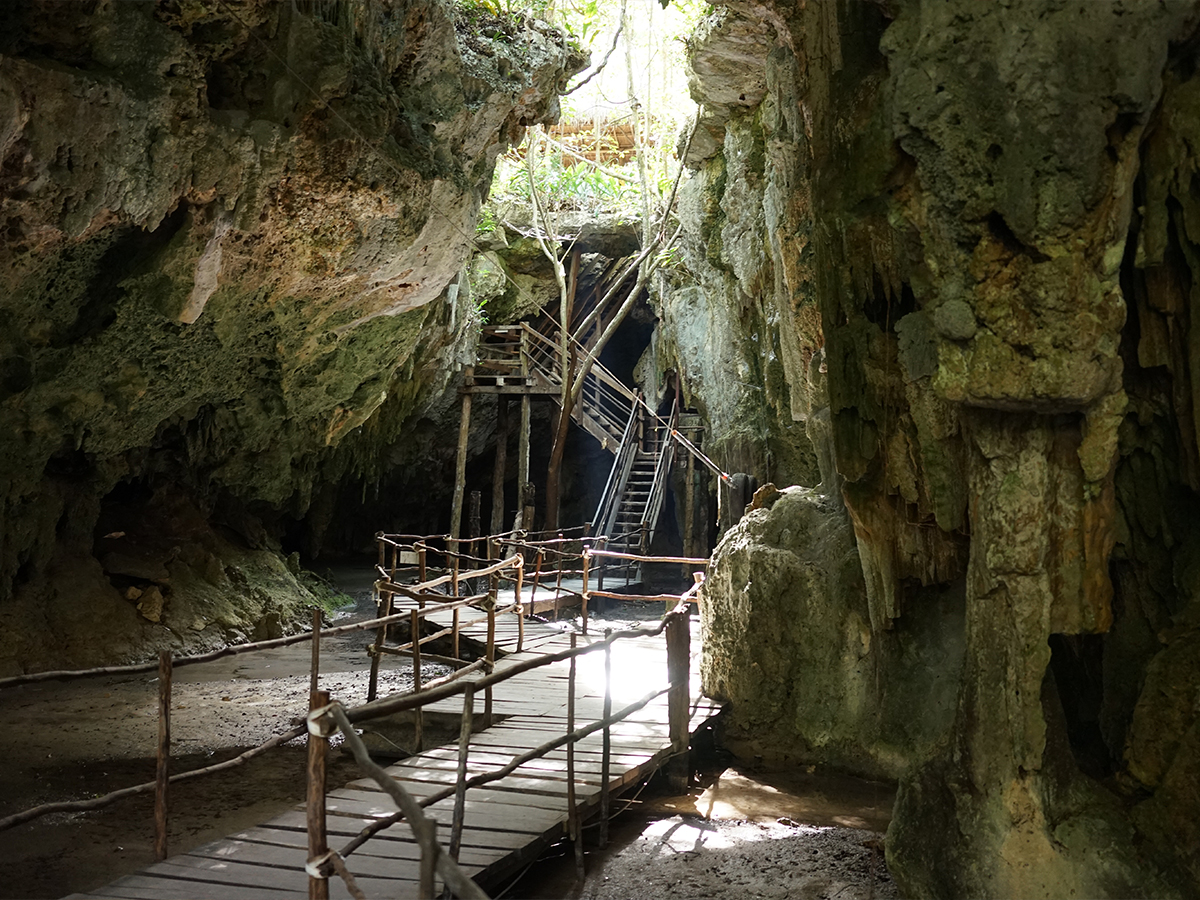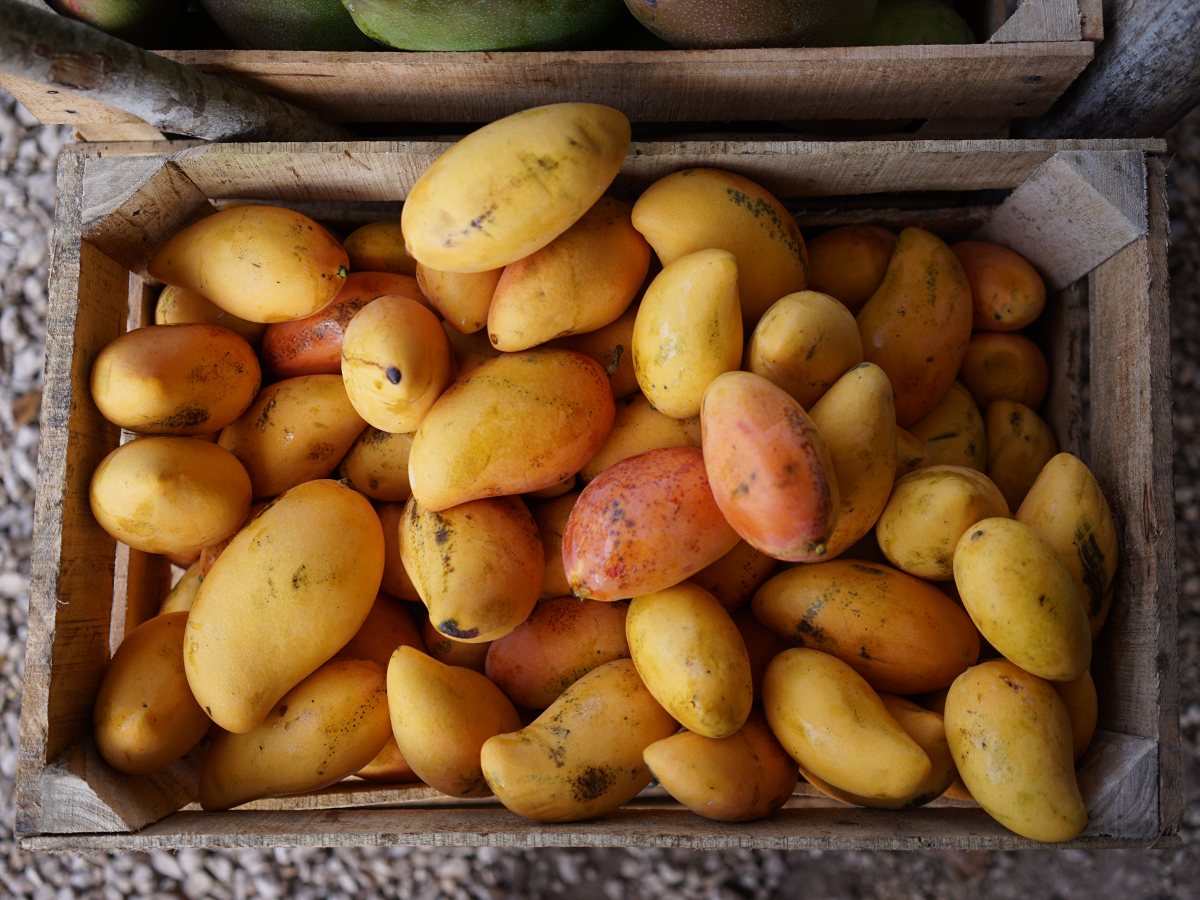For the Eco-Conscious Explorer
As eco-conscious explorers, our commitment to sustainable travel is paramount. By choosing to stay at an eco-friendly villa such as Casa Xixim, you will be supporting a small business that goes to great lengths to incorporate sustainable practices into the design of our home and our day-to-day operations, without compromising on our luxury standards.
As a guest, you’ll discover practical ways to live more eco-friendly. You’ll find that many of the actions you already practice at home can be easily adapted for your travels, and you’ll gain new ideas to incorporate into your life when you return home.
Sustainable travel goes beyond reducing our carbon footprint; it encompasses supporting local economies, conserving natural resources, and fostering a deeper connection with the destinations we visit.
This guide provides you with essential sustainable travel tips and the actions we take at Casa Xixim, helping you make greener choices every step of the way, from selecting accommodations to engaging with local communities.
Why Sustainable Travel Matters
Traveling sustainably is not just a trend; it is a responsibility we all share. The tourism industry has a significant impact on the environment, from carbon emissions to wildlife disruption. Embracing sustainable travel practices ensures that we protect natural habitats, support local economies, and promote conservation.
In Tulum, we designed our home with the idea of reducing our footprint to preserve the delicate ecosystems of the mangrove, jungle, cenotes, ocean and coral reef. Engaging with our local communities boosts their economies and fosters cultural exchange. Moreover, by choosing eco-friendly options, we directly support the conservation of these critical resources and wildlife, like the nesting sea turtles on the environmentally protected bay where Casa Xixim is located.
Environmental Impact of Tourism
Tourism, while beneficial in many ways, often leads to environmental degradation. The construction of resorts and other infrastructure can result in habitat destruction and increased pollution. Popular tourist destinations frequently struggle with waste management issues, leading to littering and contamination of natural areas. With that in mind, we’ve chosen the most sustainable practices available to us such as solar power, rainwater collection, green roofs, constructed wetlands and passive cooling.
The result is that Casa Xixim becomes a hands-on demonstration for our guests to experience how we try to mitigate negative impacts and to do our part to ensure that our beautiful location remains pristine for future generations.
Socio-Economic Benefits
Sustainable travel also has significant socio-economic benefits. By choosing eco-conscious, locally-owned businesses, you support the growth of this sector and bolster the efforts of local environmental stewards. Your choice of accommodations, restaurants, activities and purchases has a direct impact on the local economy.
This support helps create jobs, improves living standards and fosters community development. Additionally, sustainable tourism encourages cultural exchange and understanding, enriching the travel experience for both visitors and locals.
Practical Tips for Sustainable Travel
Choose Eco-Friendly Accommodations
Selecting accommodations that prioritize sustainability is a crucial step in green travel. At Casa Xixim, we adhere to rigorous environmental standards, including solar power, reduction of plastic use, water collection and our house design. Our property is designed to minimize environmental impact while providing a luxurious and comfortable stay.
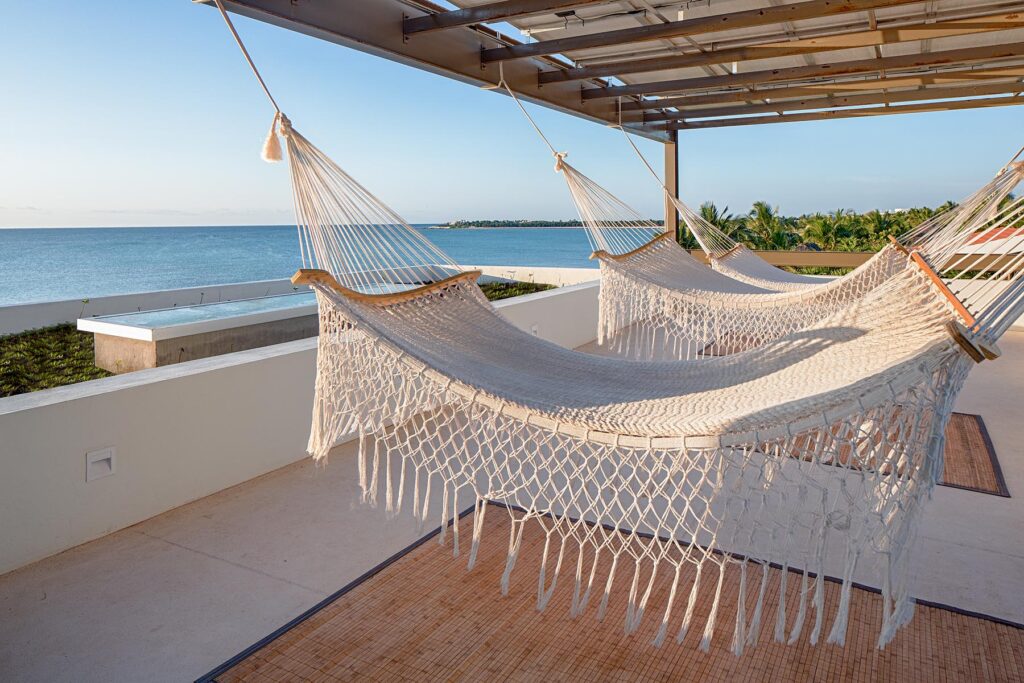
- Energy Optimization: Casa Xixim takes energy efficiency a step further by incorporating the permaculture principle of stacking functions – where one item accomplishes multiple solutions. We have a net-metered solar array, which not only generates our energy but also provides shade, and creates our breezy rooftop hammock pergola. Our green roof gardens provide insulation from the beating sun to the bedrooms below, and contribute to the ecosystem as a pollinator garden.
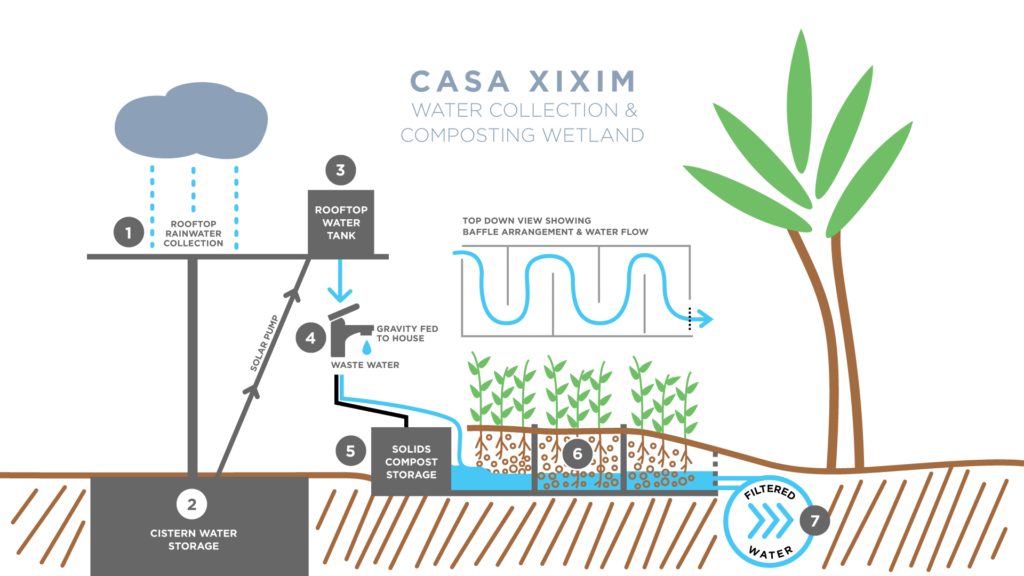
-
- Water Management: Due to being off-the-sewer-grid, we had to get creative. We collect rain water from our roofs and terraces and supplement with trucked-in water and store it for household use in a cistern. We constructed a subterranean composting wetlands system that manages all of our household waste water using natural materials and efficient plants, filtering it well enough to safely drain back into the ground. It was designed to specifically support the size of our home and typical occupancy. The health of the wetlands garden indicates the health of the system.
- House Design: Instead of glass windows, we have wall-sized doors that slide open, with louvers and screens to keep the elements out but let the cool ocean breeze come through. Most of the year we don’t have a need for any AC, and rely on our energy-efficient Haiku ceiling fans. AC is located in each bedroom for relief in the hottest months.
In addition to environmental stewardship, supporting the local community and adhering to ethical practices is of the utmost importance to us. These choices not only reduce environmental impacts but also enhance your travel experience by offering unique and authentic stays.
Reduce Your Carbon Footprint
Traveling often involves significant carbon emissions, but there are ways to mitigate your impact. Opting for direct flights is one effective strategy, as they have lower carbon emissions than multiple connecting flights. Direct flights reduce the amount of fuel burned during takeoff and landing, which are the most carbon-intensive parts of a flight.
The Tulum International Airport officially opened in 2024 and has become the go-to hub for tourism. Here are the current direct flights you can find to Tulum from around the world:
Direct flights to Tulum from the US ????????
| Flights | Average Price in USD |
| Dallas-Fort Worth (DFW) to Tulum (TQO) | $400 |
| Chicago (ORD) to Tulum (TQO) | $450 |
| Houston (IAH) to Tulum (TQO) | $380 |
| Los Angeles (LAX) to Tulum (TQO) | $420 |
| New York/New Jersey (EWR) to Tulum (TQO) | $460 |
| Charlotte (CLT) to Tulum (TQO) | $430 |
| Miami (MIA) to Tulum (TQO) | $350 |
| Atlanta (ATL) to Tulum (TQO) | $370 |
| New York City (JFK) to Tulum (TQO) | $440 |
Direct flights to Tulum from within Mexico ????????
| Flights | Average Price in USD |
| Mexico City Santa Lucia (NLU) to Tulum (TQO) | $200 |
| Monterrey (MTY) to Tulum (TQO) | $220 |
| Guadalajara (GDL) to Tulum (TQO) | $210 |
Direct flights to Tulum from other parts of the world ????
| Flights | Average Price in USD |
| ???????? Toronto (YYZ) to Tulum (TQO) | $600 |
| ???????? Montreal (YUL) to Tulum (TQO) | $580 |
| ???????? Calgary (YYC) to Tulum (TQO) | $650 |
| ???????? Panama City (PTY) to Tulum (TQO) | $550 |
| ???????? Frankfurt (FRA) to Tulum (TQO) | $900 |
Additionally, consider offsetting your carbon emissions by investing in reputable carbon offset programs to neutralize your travel-related emissions. These programs support projects that reduce greenhouse gas emissions, such as reforestation, renewable energy development, and energy efficiency initiatives. While carbon offsetting is not a perfect solution, it can help balance the emissions generated by your travel activities. As an alternative to carbon offsets, we donate directly to Rainforest Trust, a reputable organization with success in many of these areas.
Support Local Communities
Engaging with and supporting local communities enhances your travel experience and benefits the destination. Buying local products from artisans and markets, as well as participating in local tours, attractions and activities, ensures that your money supports the local economy. Handcrafted items, locally produced foods, and unique souvenirs not only make great mementos but also help sustain traditional crafts and industries.
At Casa Xixim, our commitment to sustainability extends to actively supporting local communities and businesses. We proudly collaborate with Woolis Market in Tulum, sourcing fresh and organic produce to ensure our guests enjoy the best of local flavors. We partner with Queen Bee Honey in Yucatan, using their exquisite, sustainably harvested honey in our culinary creations. Additionally, we serve Drip Coffee from Mexico City, ensuring our guests start their day with ethically sourced, high-quality coffee.
Casa Xixim also offers tours and activities directly with Mayan communities, providing guests with the opportunity to learn about their rich culture and traditions firsthand. By working with these remarkable local enterprises, we not only provide our guests with authentic experiences but also contribute to the economic growth and sustainability of our region.
Dining at local restaurants that use fresh, regional ingredients supports farmers and reduces food miles. Farm-to-table dining experiences not only offer delicious, fresh food but also provide insights into local agricultural practices and culinary traditions. Participating in community projects or volunteering for local environmental or social initiatives allows you to give back to the community and create meaningful connections with the people you meet.
At Casa Xixim, we’ve elevated the eco-conscious vacation-home dining experience by enlisting the guidance of renowned Chef Joaquin Cardoso of Loup, one of the first natural wine bars to open in Mexico City. Known for its poetic food pairings, Cardoso collaborated with us on the design of the Casa Xixim menu, creating exclusive dishes, and continually mentoring our chefs.
When planning activities, choose tours and experiences that are operated by local guides and companies. This not only supports the local economy but also ensures that your experience is authentic and respectful of local cultures and environments. Avoid activities that are owned by large corporations, exploit animals or damage natural habitats, and instead seek out ethical wildlife experiences and eco-tours.
By choosing to stay at Casa Xixim, you are not only enjoying a luxurious, eco-friendly retreat but also contributing to a broader movement towards sustainable and responsible travel. Join us in our commitment to protecting the environment and supporting local communities, ensuring that the beauty and biodiversity of the Yucatan Peninsula can be enjoyed by generations to come.
Sustainable Travel FAQ
How can travel be more environmentally sustainable?
Choose eco-friendly accommodations, use public transportation or walk/bike when possible, and support local communities.
How can I be a more sustainable traveler?
Reduce waste, conserve water and energy, respect local culture and wildlife, and offset carbon emissions.
What are the eco-friendly practices in sustainable tourism?
Minimizing plastic use, supporting local businesses, preserving natural habitats, and promoting cultural awareness.
What is the most sustainable way of travel?
Opting for trains or buses over flights, staying in eco-lodges or certified green hotels, and exploring destinations responsibly.
How can we be more sustainable tourists?
Choose sustainable tour operators, minimize carbon footprint, and engage in activities that benefit local communities and environments.
What is an example of eco-friendly tourism?
Visiting national parks with low-impact guided tours, staying in solar-powered accommodations, or participating in beach clean-ups.
What is a green travel plan?
It’s a strategy to reduce environmental impact during travel, including transportation choices, accommodation preferences, and activities.
How to be sustainable when traveling?
Plan ahead, pack light to reduce fuel consumption, use reusable items, and support businesses committed to sustainability.
